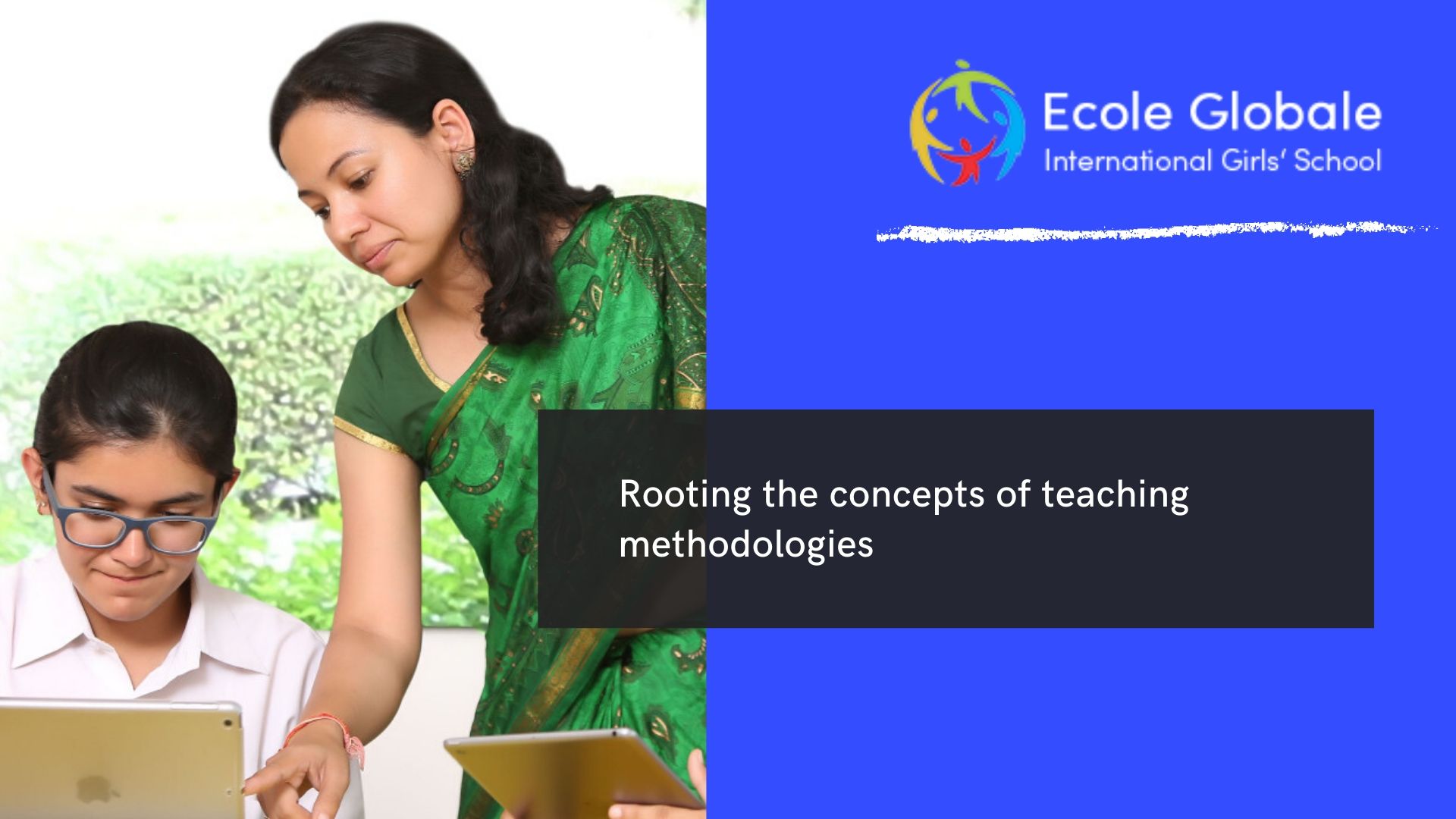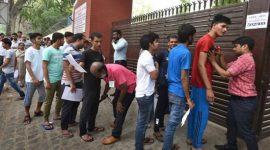Every teacher around the world joins the force with just one thought- ‘I will make a difference in my student’s lives’. This thought is powerful enough for every teacher to make a path and follow it until the goal is reached (for one session, next year- new students, new strategies!). Conceptual learning is the basis for every lesson plan because concepts are the foundation of knowledge. Concepts help the students to understand the working of the world around them. Whether you want to make them understand science, math or even social studies teacher needs to stimulate their conceptual learning so that they can connect the dots outside the classroom as well.
Conceptual learning boosts their imaginative and critical thinking for that is the foundation for everything they would choose to do in their respective lives. It is the ability to understand the problems and patterns and working on the connections to address the underlying issues. So, how to improve conceptual learning in the classroom session? Here are three interesting ways to root the concepts in young minds-
Activities that involve sorting and categorizing-
Children love getting involved in learning rather than mugging or repeating whatever the teacher has jotted on the blackboard. It is better to involve the students in different activities while working on the concepts. Suppose you have a concept about home then first the teacher should tell what a home is- a place where we live in, and every living creature has a home. Then the teacher can ask the children to discuss what they think about home, and if they could tell various kinds of homes, you can assist them by asking them to sort different types of homes for different creatures- humans, animals, insects etc. You will be amazed to know the answers- from a zoo to a dog house. Such activities of naming, sorting and categorizing would boost their thinking while setting the foundation of the concept.
Concept interconnections-
One concept can be interlinked with the others, and while taking a class that has links with previous concepts you’ve taught, you can ask the students to join the dots to these connections. A straightforward example of this is day-warm/ night- cold. When you make the children understand the concepts together, it is possible that they might not get it right straight away but when you tell them to connect day to warm weather you actually are talking about many things together- day, warmth, temperature and weather. Such linking processes will help them strengthen their conceptual learning.
Identifying the concept in other relevant topics-
Once you’ve taught the concept, it is imperative that you make sure that the students have grasped the concept clearly and able to identify and apply in given situations. For example, when you’ve taught the concept- challenge, you must ensure that the students have understood it- what it is and what it implies. One way to test their identification is to ask them directly or give them a situation where you provide them with a situation or a book to read and ask what the issues the character(s) are facing are and what all can come under the umbrella of the term ‘challenge’.
Learning is like walking in a labyrinth of facts, skills and concepts. It is crucial to help enhance a student’s critical and conceptual thinking while learning. Conceptual thinking helps the students to understand the complexities of the environment and respond accordingly. For students to think conceptually, they need to go to the depth of the information to draw facts and understand the probable solutions to the given problem or situation.
They need the opportunity to scan for big thoughts and ideas—to sum up, reduce, and make inferences by considering the concepts behind the idea. By deliberately planning learning exercises in which students are able to move between the degrees of logic and reasoning, the teacher can assist them with developing comprehension, encouraging moves to understand, connect and implement the conceptual learning.
This article in contributed by Ecole Globale International School.








